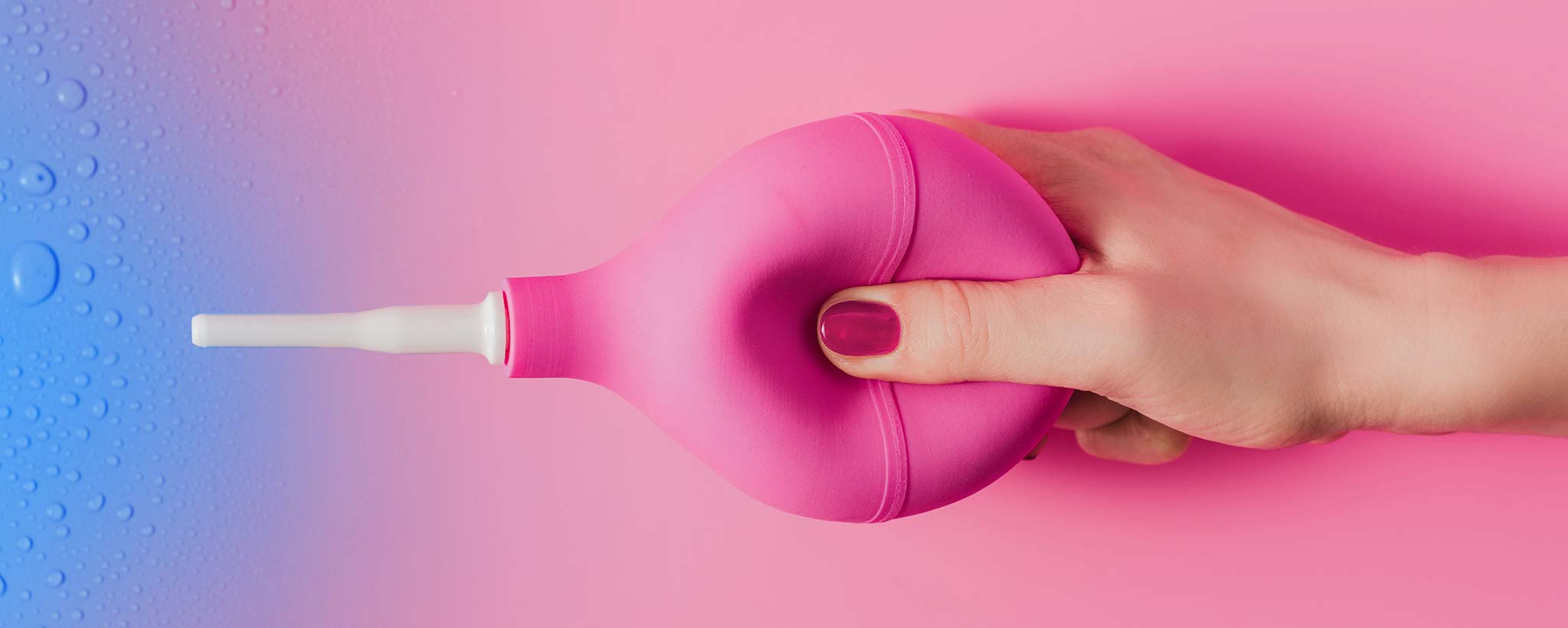Don’t neglect your kidneys! Discover fascinating facts about this vital organ and the clues signaling the need for medical intervention.
Understanding and Maintaining Kidney Health
The kidneys, often overlooked and hidden within our torso, are vital in maintaining our overall health and well-being. Understanding the importance of kidney function and taking steps to care for them is crucial to ensuring a healthy life. We will explore some quick facts about human kidneys, including their size, variations, signs of damage, and ways to maintain their health.
Average Kidney Size: The average size of an adult human kidney is approximately 4 to 5 inches (10 to 12 centimeters) long. This is roughly the size of a fist. However, kidney size can vary according to age, body size, and overall health.
Typical Kidney Size Variance: Variations between the left and right kidney size are considered normal, not typically indicating any health concerns.
Largest Human Kidney: The largest recorded human kidney is approximately 14 inches (35 centimeters) long. This resulted from hydronephrosis, a medical condition that causes the kidney to swell because of urine accumulation.
Smaller Human Kidney: A rare condition known as renal hypoplasia occurs when one kidney fails to develop properly during fetal development. In cases of renal hypoplasia, the affected kidney may be smaller than the average size, potentially measuring under 4.9 centimeters. A physician must diagnose this condition.
Foods That Can Change Urine Color: Certain foods influence urine color. Often this is harmless, but it can sometimes indicate underlying health conditions. For example:
Eating beets can cause urine to turn pink or reddish. Eating asparagus may give urine a distinct odor. Vitamin B12 supplements can also cause urine to appear bright yellow or orange.
Remember, these changes are usually harmless and temporary. However, if you notice persistent or concerning changes in urine color, consult a healthcare professional for further evaluation.
Signs of Kidney Damage: Recognizing the signs of kidney damage is crucial for seeking prompt medical attention. Some common signs include:
Persistent fatigue and weakness, frequent urination (especially at night), blood in urine, swelling in the ankles, hands, and feet, high blood pressure, prolonged itching, shortness of breath, and loss of appetite with unintended weight loss. If you experience these symptoms, consult a healthcare professional for proper evaluation and guidance.
One Kidney May Fail: Kidney failure can be either bilateral (affecting both kidneys) or unilateral (affecting only one kidney). Unilateral kidney failure can occur for various reasons, such as injury or obstruction in one kidney.
Kidney Transplant Not a Replacement: During a kidney transplant, the new healthy kidney is typically placed in a different location.
It is surgically connected to the recipient's blood vessels and bladder, allowing it to function while the damaged kidneys may remain in place. This preferred approach minimizes complications associated with removing the recipient's existing kidneys.
Hard Workers: Healthy human kidneys filter about 200 liters of blood each day.

Our kidneys are vital organs responsible for filtering waste and maintaining overall health. Ensure their well-being by understanding some quick facts about human kidneys, such as signs of damage and the influence of certain foods on urine color.
Prioritize kidney health by staying hydrated, avoiding excessive alcohol consumption, and following your doctor’s recommendations, particularly if you have diabetes or any underlying health conditions. Caring for your kidneys is an investment in overall health and longevity.
To support the writing of useful articles about nephrology, ClinicalPosters sells human anatomy charts, scientific posters, and other products online. You may sponsor specific articles, become a ClinicalNovellas Member, or remit a small donation.
ClinicalPosters sells human anatomy charts, scientific posters, and other products online to offset expense of the writing useful articles about nephrology. Slide extra posters into DeuPair Frames without removing from the wall.
Show your support by donating, shopping for ClinicalPins, becoming a ClinicalNovellas Member, or leaving an encouraging comment to keep the research going.
To support the writing of useful articles about nephrology, ClinicalPosters sells human anatomy charts, scientific posters, and other products online. You may sponsor specific articles or remit a small donation.
ClinicalPosters sells human anatomy charts, scientific posters, and other products online to offset expense of the writing useful articles about nephrology. Slide extra posters into DeuPair Frames without removing from the wall.
ClinicalPosters sells human anatomy charts, scientific posters, and other products online. You may remit a small donation or become a ClinicalNovellas Member.
You can support the writing of useful articles about nephrology by sponsoring specific articles, becoming a ClinicalNovellas Member, or remitting a small donation.






 Romance & Health Intertwine. Fall in love with a captivating romance miniseries that explores the essence of well-being. Become a ClinicalNovellas member for heartwarming tales.
Romance & Health Intertwine. Fall in love with a captivating romance miniseries that explores the essence of well-being. Become a ClinicalNovellas member for heartwarming tales.




